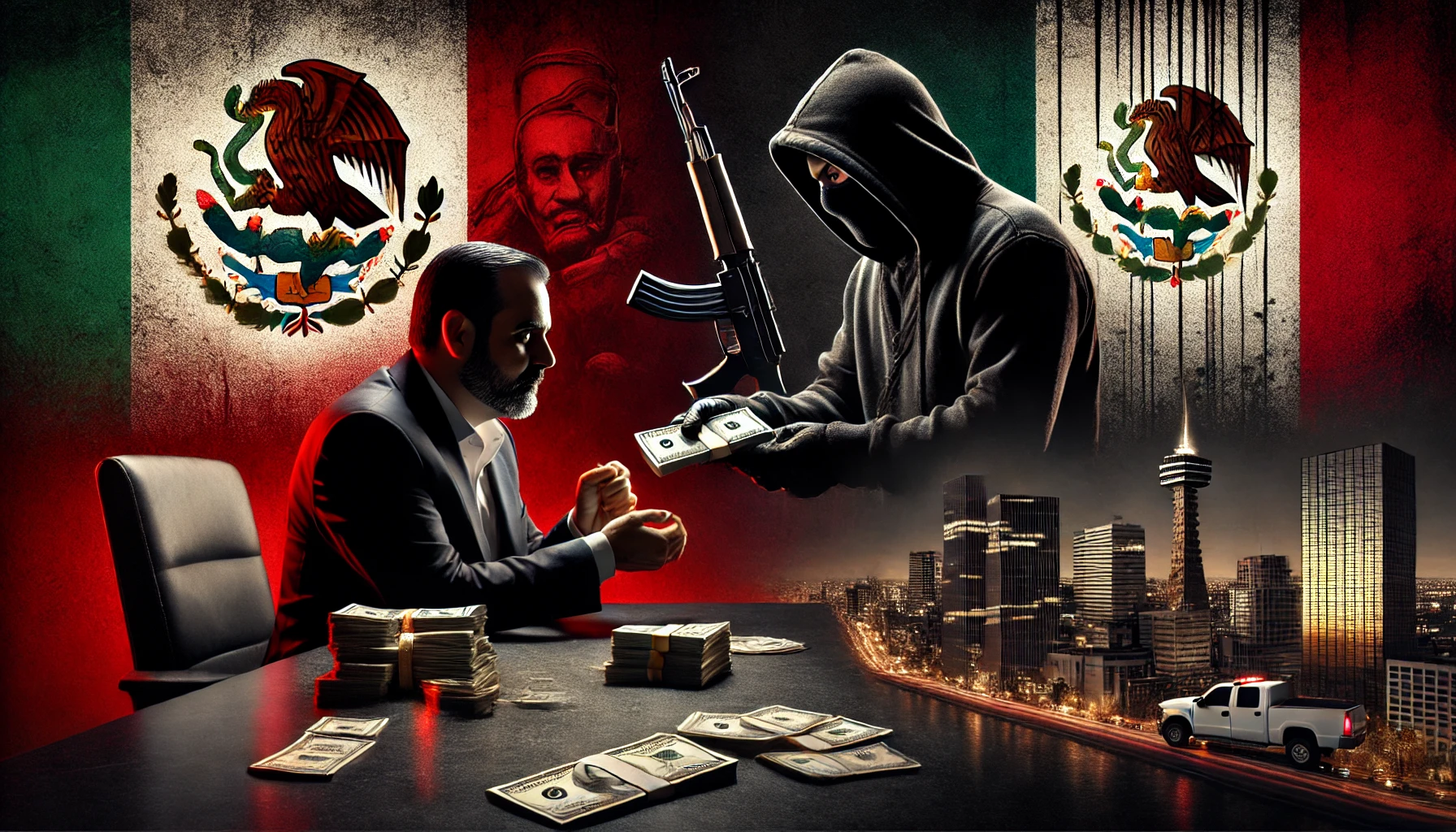The question of which is worse: the candidate from San Pedro, Nuevo León (from the PAN), who supposedly paid the narco, or the candidate from Guadalajara, Jalisco (from the PRI), who allegedly charged the narco, reveals a deep concern about corruption and organized crime in Mexican politics. Both cases, if proven, represent a serious problem of criminal infiltration in public institutions, but they vary in their implications.
On one hand, a candidate who pays drug trafficking may be trying to «buy» their protection or avoid being a target of violence, which could be interpreted as a defensive position. However, it also suggests a surrender or collusion, allowing the narco to exercise control or influence over their management. These types of relationships are dangerous because they compromise the integrity and autonomy of public authority, subjecting it to the interests of organized crime.
On the other hand, a candidate who charges the narco raises an even more troubling situation, as it implies an active exploitation of power to gain financial benefits from crime. In this case, the politician would not only be colluding with criminals, but would also use their position to enrich themselves, becoming part of the criminal system. This dynamic can deepen corruption and allow organized crime to expand with the complicity of the authorities.
Both scenarios are devastating for the rule of law and trust in public institutions. However, the candidate who charges the narco seems more proactive in exploiting power for corrupt purposes, which could be perceived as more serious due to their direct involvement in the perpetuation of organized crime. In any case, both examples highlight the urgent need for greater transparency, accountability, and reforms in the Mexican political system to combat corruption and crime.










